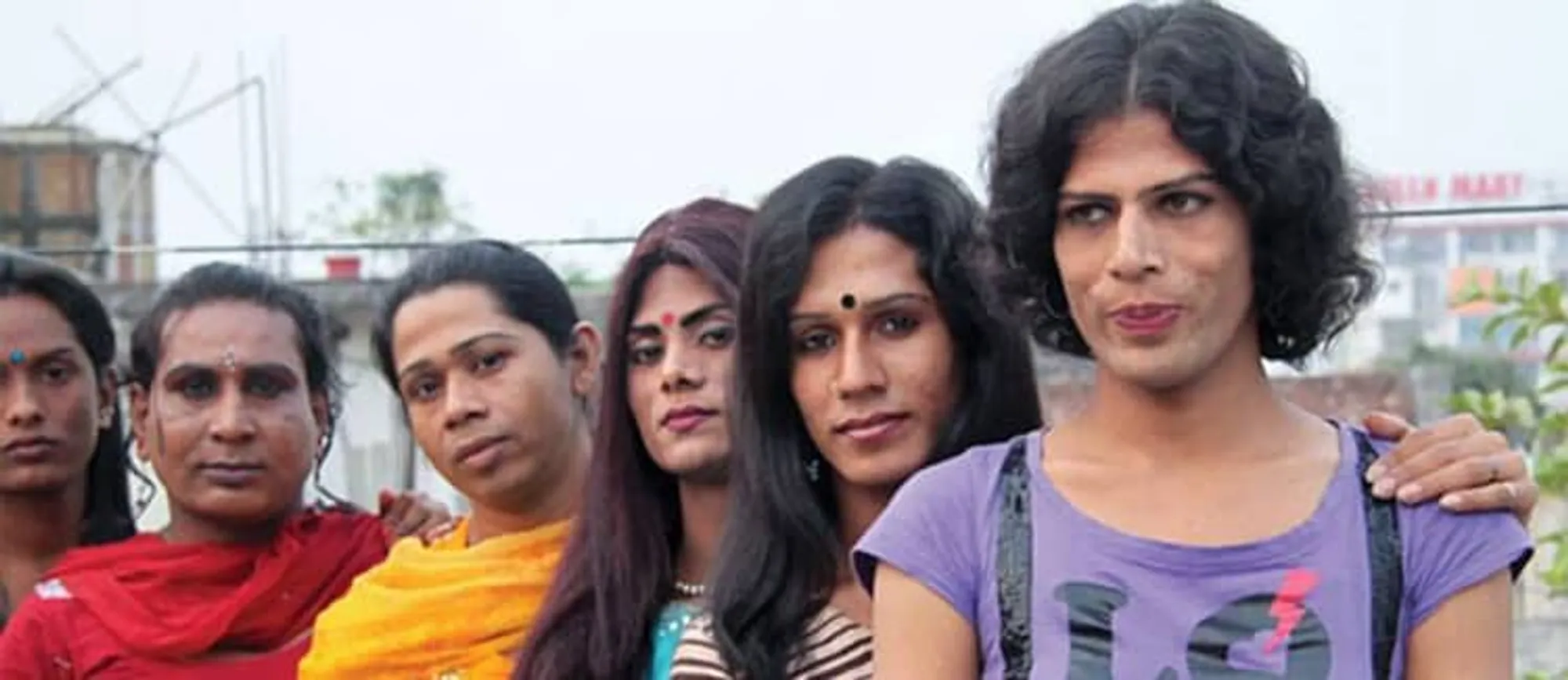The term ‘Transgender’ is not a title limited to individuals whose genitals are cross mixed, but it is an umbrella term for all those whose expression of sex, identity or conduct differs from the unwritten rules expected to be followed from their birth sex.
A FEW RIGHTS ENSHRINED IN THE CONSTITUTION THAT SAFEGUARD THE TRANSGENDER COMMUNITY
- To help improve their poor living conditions, the Supreme Court of India titled the transgender community as an economically backward class in 2014, thus entitling them to reservations and benefits like skill enhancement, 2% reservations in public jobs, legal aid, pre and post retirement allowances.
- The Ministry of Drinking Water and Sanitation permitted the transgenders in April 2017 to utilise the toilet facilities of their own will in all states in public. With this step, the authorities have successfully broken the ‘toilet’ stigma attached to this gender. Mysore city became the only city to construct a separate public restroom for the ‘third gender’.
- Law makes it illegal to compel a transgender person to relinquish residence, undress or parade them naked, push them to beg or any varied sort of bonded labour. These acts shall be penalised with up to two years of incarceration, coupled with a fine and also seeks amendments in the law to incorporate cases of sexual molestation on the transgender community.
- Law criminalises refusing a transgender his right to access any public property or causing them any bodily or psychological harm within and outside the premises of their home.
- OBC status is guaranteed to all transgenders not birthed as SC or ST and entitles them to due reservation rights under a plethora of categories for the same.
- The newly introduced Bill recognises ‘Transgender’ as the third gender and renders them free to be identified as ‘man’, ‘woman’ or ‘transgender’, regardless of any surgery that they might have undergone. They can’t be called the ‘other’ gender, but a transgender. A certification of identity as a transgender is to be attained from a state level authority, and the same should be acceptable as a documented proof for any official document like passport, aadhar card, etc.
- Law also ensures that transgender adults and minors enjoy the right to equal treatment in all spheres, the right to life, dignity and personal liberty as guaranteed by the Constitution of India along with all human rights under Articles 14, 15, 16 and 21.
- The Court also safeguards a transgender’s gender expression enforced by Article 19 (1) (a) and holds that no restriction is supposed to and can be placed on one’s appearance or choice of dressing.
- All state-owned bodies shall provide education and not discriminate against any transgender student. A transgender student will be provided with the same scholarship/privileges, free-waiver, books, hostel facilities and subsidised rates. Also, all educational institutions need to maintain in order an anti-discrimination body to monitor any prejudice against transgender students.

